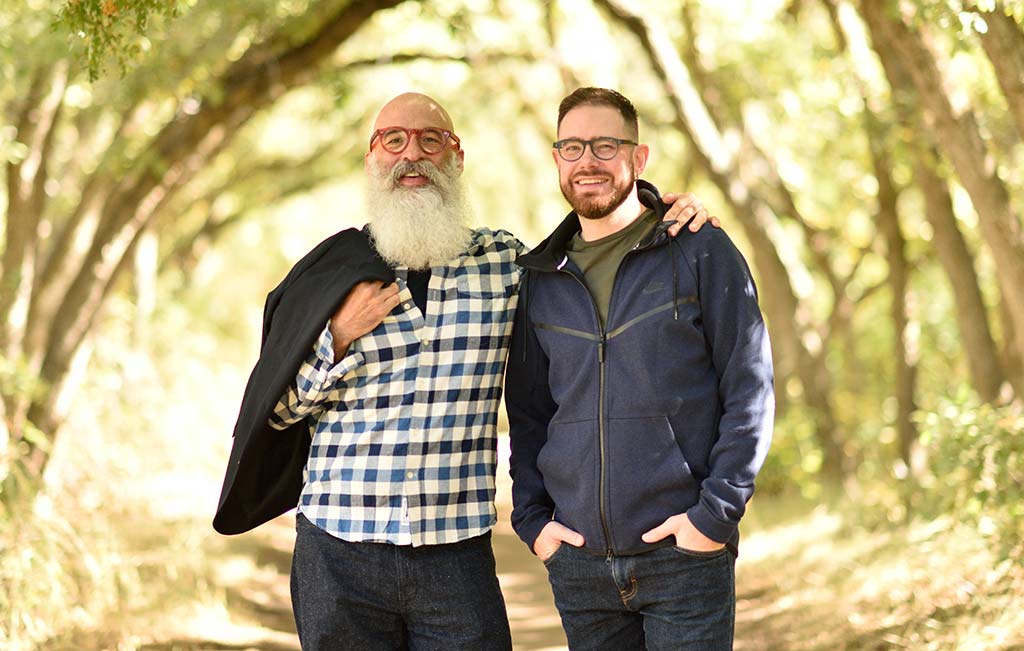
From time to time, I’ve been exploring metta (kindness) meditation in this blog. The first installment covered practicing kindness for an easy being—someone, human or animal, with whom you have an easy, uncomplicated relationship. The second installment covered kindness toward ourselves, an important foundational practice for extending kindness to others. If you’re just now discovering this blog and haven’t read the previous posts on kindness, you might want to read them to have a better idea the scope of metta practice.
This post will focus on extending kindness for your mentors. If you reflect on your life, you can probably remember one or more people who have gone out of their way to help you out. In Buddhist parlance, these people are called “benefactors.” A benefactor could be a mentor, teacher, clergy person, grandparent, parent, family member or friend.
Reflecting on these people and their generosity toward us is a way to develop gratitude. So often we tend to focus on those who have harmed us in some way. But there are many, many people who have rooted for us too. It’s important to remember these people and reflect on our gratitude for their place in our lives.
How Metta Practice Fosters Gratitude
Practicing kindness for your mentors increases our gratitude. Gratitude, in itself, is very beneficial. According to an article in Forbes, scientific research has found at least seven benefits to practicing gratitude.
Practicing gratitude:
- Opens the doors to new relationships.
- Improves physical health.
- Improves psychological health.
- Enhances empathy and reduces aggression.
- Improves sleep.
- Helps self-esteem.
- Increases mental strength.
How to Practice Kindness for Your Mentors
Even if there are several people in your life you consider to be benefactors, instead of trying to fit them all into your practice, it’s easiest to start by focusing on a single person, at least for a few months. This helps deepen your practice.
- Sit in a comfortable position. You can sit on a meditation cushion or in a chair. Make sure you’re comfortable. It’s hard to cultivate kindness when you’re struggling with your sitting position!
- Place your right hand over your heart. You can also cross your left wrist across your right one so that you are practicing the “metta mudra.” In this mudra, your wrists are crossed at chest level and your hands are resting gently on your chest. This mudra is optional, of course, and if at any time your arms get tired, relax them and rest your hands on your thighs.
- When we reflect on the people who have supported us in our lives, gratitude can arise naturally. So to begin your practice by inviting one of your mentors into your heart space. Reflect on this person—what you appreciate about them and how they have supported you. To your benefactor, offer the following four sentiments, imagining your benefactor enjoying these qualities. May you:
- Feel safe.
- Be happy and peaceful.
- Be healthy and strong.
- Live with ease.
- If you go back to the first post on metta, you’ll find alternate wordings for the phrases. You can also make up your own phrases that express these sentiments.
Practice with Ease
Practice as long as you like. Metta is a creative practice: you can fashion it to fit your life. Make sure you practice in a way that makes it easy. The point of practice is to develop the quality of kindness, so if the benefactor doesn’t work today, go back to yourself or your easy being (described in the two links in the first paragraph).
